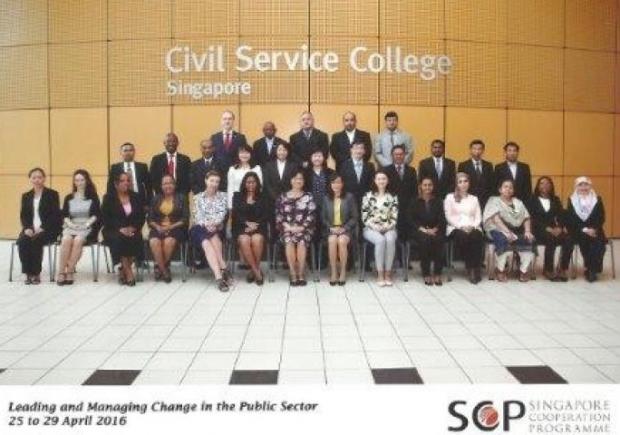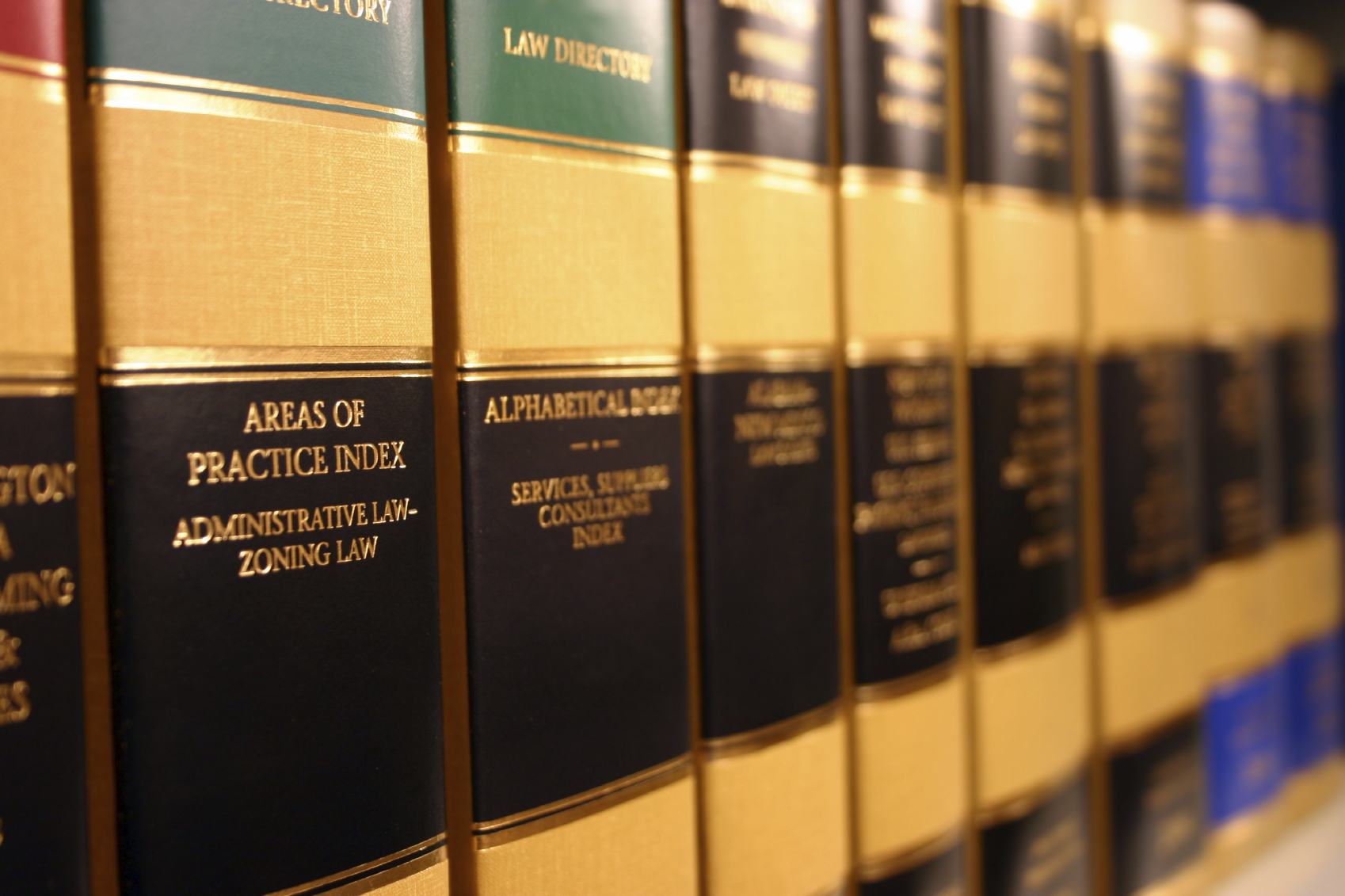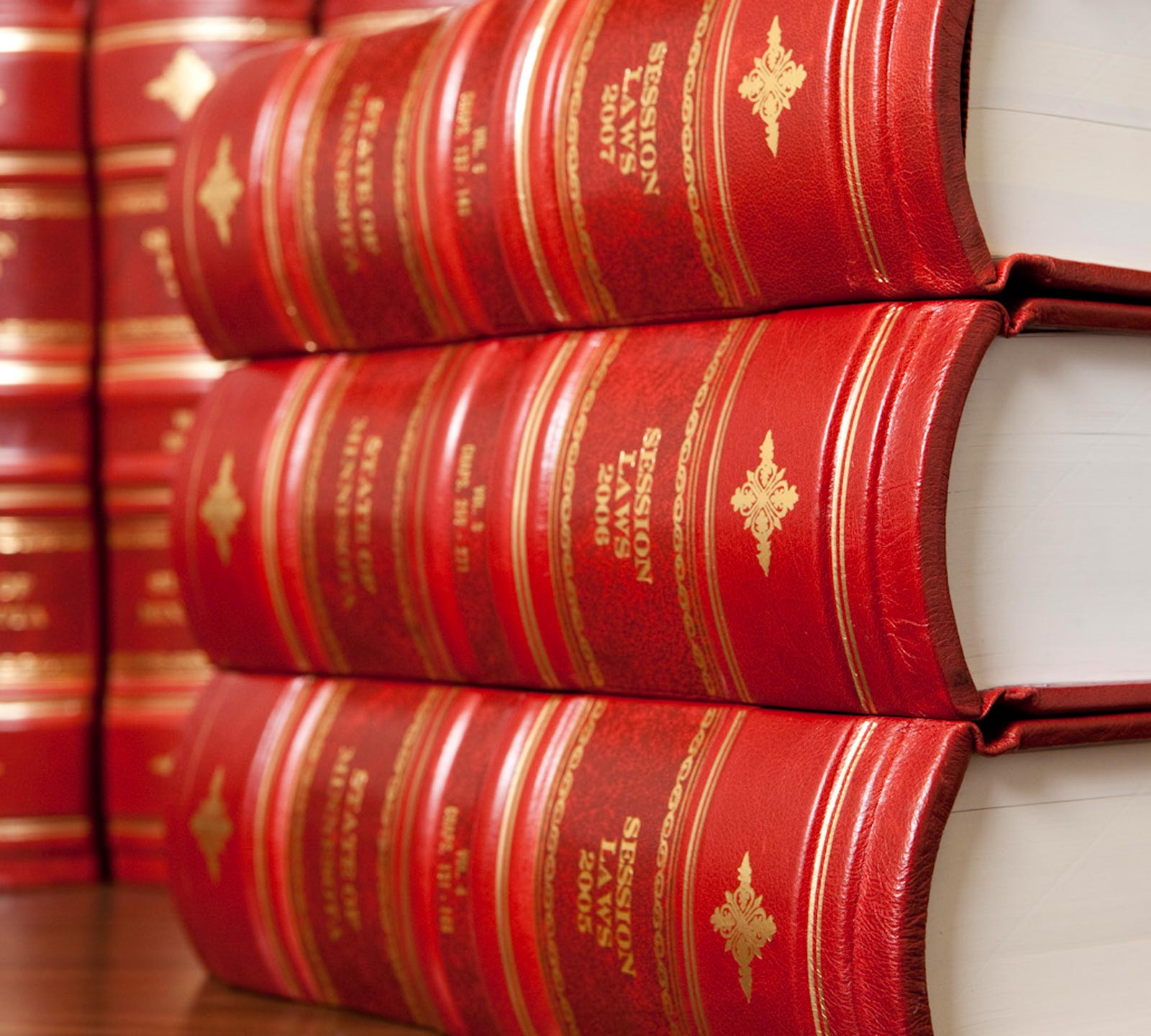Leading and Managing Change in the Public Sector: The Singapore Experience.

The Singapore Cooperation Programme (SCP) in the Ministry of Foreign Affairs is a series of programmes conducted by the Government of Singapore to facilitate the sharing with other developing countries the technical and systems skills that Singapore has learned and acquired over the years. Technical assistance focuses on training and increasing the skills of a nation. As a country whose only resource is its people, Singapore believes human resource development is vital for economic and social progress.
The Singapore Cooperation Programme (SCP) was established in 1992 under the Technical Cooperation Directorate (TCD) of the Ministry of Foreign Affairs. Through the SCP, Singapore has been sharing its development experience through courses, seminars, workshops, consultancy as well as hosting study visits in a range of fields. The main fields of training include Communications and Transport, Economic Development and Trade Promotion, Environment, Healthcare and Humanitarian Assistance, Information Technology, Library Management, Management and Productivity, Public Administration and Law, Public Utilities, Tourism and Urban Development. All programmes are conducted at the Civil Service College of Singapore.
1.2. Participants and country structures
Were from the following countries, Slovak Republic, Czech Republic, Cook Islands, Latvia, Laos, East Timor, Cambodia, Vietnam, Brunei, Malaysia, Botswana, Namibia, Lesotho, Lebanon, Philippines, Seychelles, Mauritius, Madagascar, Belize, Romania, Russia, Bahrain, Maldives, Bangladesh, India, Indonesia, Bulgaria, Egypt, Sri Lanka, Saudi Arabia, Oman, and Zimbabwe.
Most of the participants come from structures that fall under the presidency, either as a department of the President’s Office or the Prime Minister’s office. The post titles and responsibilities vary but overall participants were all from the secretariat of their respective Public/Civil Service.
1.3. Programme theme, aim and objectives
The programme provided an interactive platform for government officials to share, explore and discuss issues and challenges that leaders face in public policy development and administrative reforms. It provided participants with conceptual frameworks and practical strategies to allow them to lead and effect change within the public service. Specific objectives were:
• Evolution and change in the Singapore Public Service
• Best practices in change and performance management in the Singapore public sector
• Frameworks and strategies for organisational change management and leadership
The overall objective was to exchange information between the participating peer countries on how Singapore Public Service has evolved and the different public sector reforms that it had undergone and to enhance the delegate’s knowledge on policy making and public service reforms.
Outcomes were expected to:
- Enhance understanding of Singapore policy making and public sector reforms;
- Engage in discussions on how policies were implemented and how were citizens engaged in the process;
- Enhance understanding policy implementation and monitoring and decision-making in government;
- Exchange of information between the participating peer countries on their Public Service structures and governance and share international experiences and lessons learned.
The Programme was a way to share knowledge to develop capacity and strategies on public sector management and evaluation. Good and failed experiences were shared and discussed. Where one country is stuck in the process others provide ideas; which was a best learning experience especially for small island states which seem to be faced with the same challenges and difficulties.




